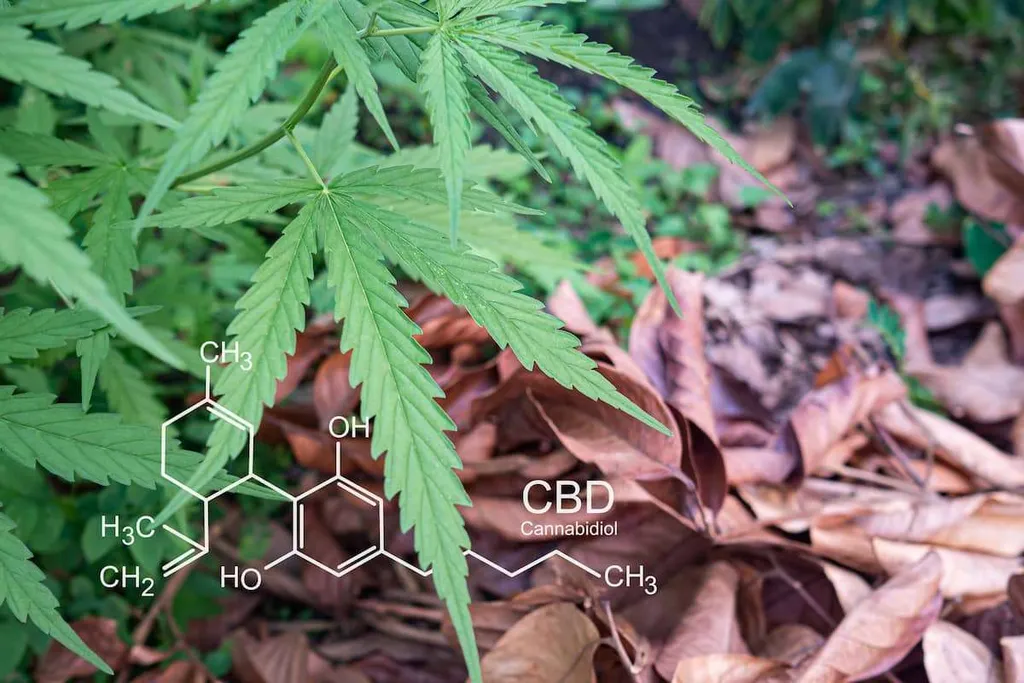
While heredity and genetics are closely linked, they can mean different things from a medical perspective. Find the right mental health therapist near you and begin your treatment journey today at Clarity Clinic, the best mental health clinic in Illinois. Deciding to seek help, whether by finding therapy near you or Sober living home starting online therapy, is a brave and essential step toward breaking the cycle of addiction. Clarity Clinic offers the best therapists in Chicago and Illinois to help you get the expert mental health care you need. Living with a parent or close relative who has alcohol use disorder can create emotional stress and trauma, which may contribute to future alcohol use. Additionally, if mothers consumed alcohol while pregnant, their babies may be born with an alcohol addiction as well as birth defects.
- Hugo Bellen, a geneticist at Baylor College of Medicine in Houston, Texas, said the study “lays the foundation for a genetic approach to dissecting the acute, and possibly the chronic, effects” of alcohol in people.
- When it comes to alcoholism, certain genes have been identified that increase the susceptibility to developing an addiction.
- Hereditary conditions are always inherited but may not account for non-familial genetic influences, meaning, you inherit a genetic factor that is not from your immediate family.
Be Aware of the Early Signs of Alcohol Addiction
The sensitive mice tend to lose their inhibitions and pass out rather quickly, earning them the nickname “long sleepers.” “Short sleepers” are mice that are genetically less sensitive to alcohol. They seem to lose fewer inhibitions and tolerate alcohol for longer before they pass out. There is also considerable evidence that alcohol can trigger the body to release harmful molecules called free radicals. These molecules can damage DNA, proteins and lipids in cells in a process called oxidative stress. The 2023 National Survey on Drug Use and Health found that over 224 million Americans ages 12 and older drank alcohol at some point in their lifetime – over 79 percent of people in this age group. Alcohol consumption was increasing is alcoholism genetic even before the COVID-19 pandemic, reflecting an alarming public health issue.
Genetic Influences on Alcohol Metabolism

“Those biological insights are critical to potentially developing better strategies for prevention and treatment of alcoholism and related psychiatric disorders,” he said. The home environment, particularly during formative years, can significantly influence one’s relationship with alcohol. Children deprived of consistent parental guidance or those subjected to abusive households are at an increased risk of turning to alcohol, potentially leading to substance abuse later in life. Neuroscience offers a window into the brain’s workings, shedding light on why some individuals might be more prone to alcohol misuse. The genetics of alcohol use disorder isn’t just about the genes we inherit but also about how they interact with our brain’s structures and functions.
How can understanding genetic predisposition to alcoholism help?

While the inheritance of certain genes can increase the risk of developing alcoholism, recent research has shown that the epigenetic factors also play a significant role in the development of this disease. Consequently, individuals with addiction may experience cravings, tolerance, and relapse due to neurological changes that lead to psychological and physical dependence 3. According to the United Nations Office on Drugs and Crime (UNODC) statement, almost 5% of the world’s adult people used illegitimate drugs at least once in 2010, and more than 0.6% of the population are deemed “problem drug users. Besides, over 200 thousand deaths yearly are recorded due to continuing drug addiction 4, 5.
Addiction Destroys Dreams, We Can Help

This involves promoting healthy lifestyle choices, providing education about the risks of alcohol abuse, and creating supportive environments that discourage excessive alcohol consumption. Studies have shown that individuals with a family history of alcoholism are at a higher risk of developing the addiction themselves. This suggests that genetics play a significant role in determining an individual’s susceptibility to alcoholism.
- While it is known that there is a strong genetic component to the disease, the specific inheritance patterns are still not fully understood.
- However, having these genetic traits does not guarantee you will develop alcoholism; environmental and personal choices also play a critical role.
- One potential approach is the use of drugs that target enzymes involved in DNA methylation or histone modification, thereby restoring normal gene expression patterns.
- Alcohol is widely consumed, but excessive use creates serious physical,psychological and social problems and contributes to many diseases.
- Additionally, it can help researchers further investigate the genetic basis of alcoholism and develop targeted treatments.
- Additionally, it can aid healthcare providers in developing personalized treatment plans for individuals with a genetic predisposition to alcoholism.

